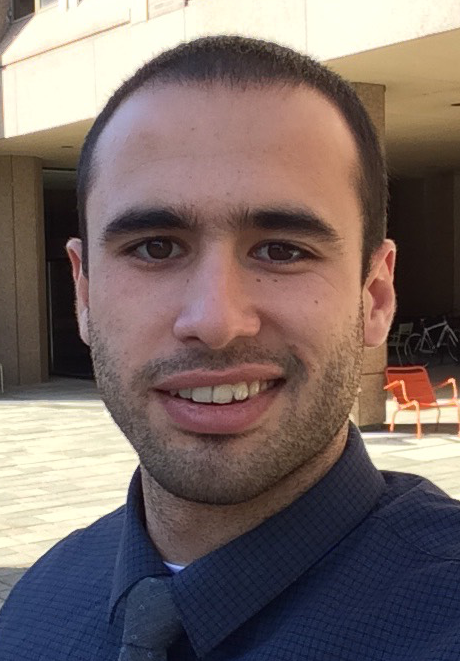
Welcome to my homepage!
I am a research group leader at the Max Planck Institute for the Physics of Complex Systems in Dresden Germany. Check out the website of our group.
Copyright © 2017 Marin Bukov
Geometric Speed Limit of Accessible Many-Body State Preparation
A physical way to characterize the complexity of preparing quantum states is the quantum speed limit – the minimal time required to prepare a target state with unit fidelity. We formulated a Conjecture according to which, for any protocol within the space of available controls, the time-integrated energy fluctuations are bounded from below by the adiabatic geodesic length between the initial and final states.
Reinforcement Learning to Control the Kapitza Oscillator
A Reinforcement Learning agent figures out how to Control Floquet-Engineered Quantum States in a numerical simulation of a quantum experiment. The ability of RL to control systems far away from equilibrium is demonstrated by steering the quantum Kapitza oscillator into the stabilized inverted position in the presence of a strong periodic drive.
Parametric Instabilities in Periodically Driven Bosonic Systems
Floquet engineering is an established technique from the quantum simulation toolbox, with the present bottleneck set by unwanted heating. We study the occurrence of Parametric Instabilities in Weakly-Interacting Bosonic Optical Lattices, and showcase the detrimental effects caused by transverse degrees of freedom and weak harmonic traps.
Glassy Phase of Quantum Control
We present evidence for a universal spin-glass-like transition in the quantum control landscape, controlled by the control protocol duration. The glassy critical point is marked by a proliferation of protocols with close-to-optimal fidelity and with an optimal protocol that appears exponentially difficult to find.
A High-Bias, Low-Variance Introduction to Machine Learning for Physicists
A comprehensive Review Paper on Deep Learning techniques and concepts useful in physics: “A High-Bias, Low-Variance Introduction to Machine Learning for Physicists”.
Reinforcement Learning Quantum State Preparation
A Reinforcement Learning agent learns to Prepare Quantum States in a non-integrable Ising chain. With no prior knowledge about the quantum system, the agent learns to extract the essential features of the optimal preparation protocol.
Phase Transitions of Quantum Control
Control problems are optimisation tasks with the objective to find the most efficient solution satisfying given constraints. We demonstrated that the difficulty of finding the optimal solution can change abruptly, resulting in the appearance of Control Phase Transitions in the optimisation landscape.
Periodically Driven Systems
Recent surge of activity in Periodically Driven many-body Systems has spawned a new branch of quantum physics, known as Floquet engineering: the synthetic generation of novel Hamiltonians, otherwise inaccessible in static condensed matter systems.
QuSpin
The ability to simulate quantum systems offers invaluable opportunities for building up intuition and understanding about the bizzare world of quantum mechanics. We developed QuSpin – an open source Python package for exact diagonalisation and dynamics of quantum many-body systems.